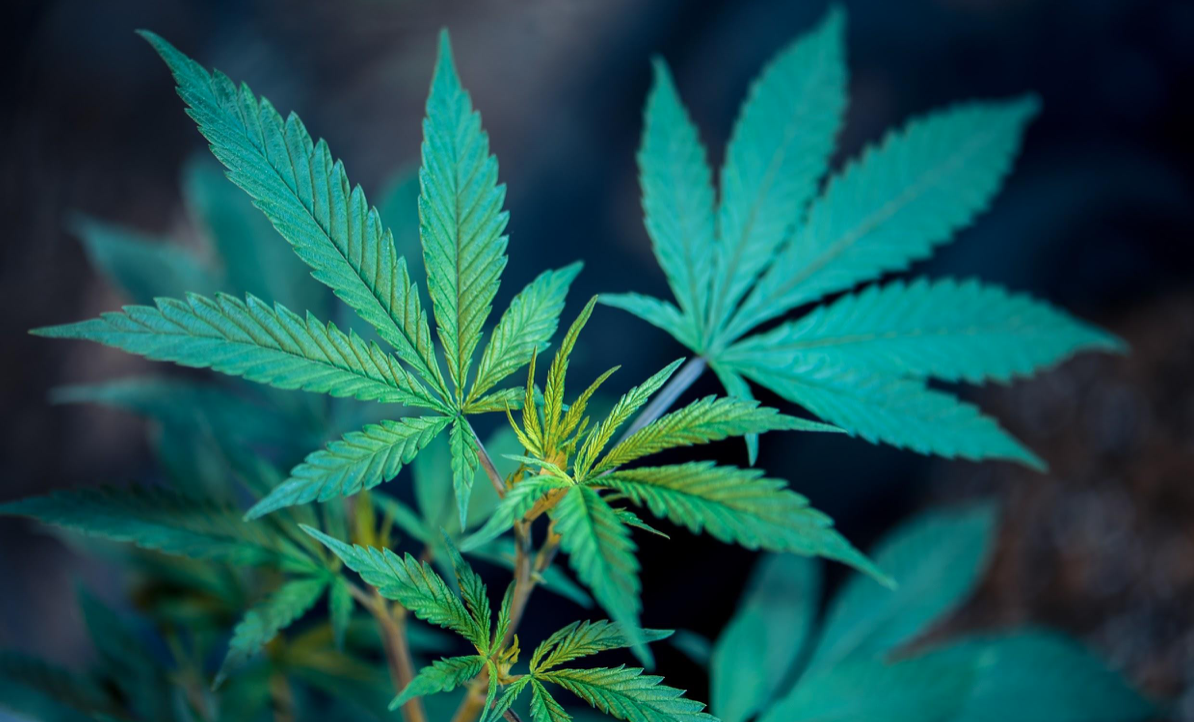Looking at the bigger picture, this constant back and forth between state and federal legalities is confoundingly unproductive.
This spring of 2020 has been a rollercoaster ride with no end in sight. Problems with the spread of the coronavirus have led to a global lockdown pandemic which has never been seen before. Moreover, confusion as to whether or not it is safe to resume normal activities has been continuously debated between state governors and the current president, Donald Trump. However, on a somewhat lighter note, last month also saw marijuana enthusiasts celebrating the cannabis plant on the 20th of April, 420, a day notoriously associated with the annual act of smoking pot.
Stuck in a quarantine situation, most cannabis users more likely than not had no problem staying at home to celebrate. Although it may seem like a nonissue in comparison to the hardships caused by the coronavirus, the battle to legalize cannabis hasn’t seen much progress despite gaining significant popularity among people all around the country in recent years. It is one of the few issues today which hasn’t been polarizing and has received legal support from now over two-thirds of the American population, according to studies from the Pew Research Center. Despite the efforts of now almost 20 states and districts decriminalizing or recreationalizing the drug, the question becomes what’s holding back pot smokers from smoking pot legally in today’s times?
There are a multitude of reasons why cannabis hasn’t been deregistered as a schedule I drug, dating back to former president Nixon’s war on drugs. The problem with cannabis isn’t that it doesn’t have enough support to reach national decriminalization or legalization, because it does. Rather the way the US system of governance is established in the constitution and the current status quo associated with weed prevents any legal process for moving cannabis off the list of illegal substances. A great instance of this messy legal situation is evident in author Paul P. Murphy’s CNN article, “Police seize almost 7,000 pounds of cannabis from a truck”. As the title suggests, a truck driver transporting hemp, a now federally legal commodity classified differently from marijuana under the 2018 Farm Bill, was arrested for what the police believed to be thousands of pounds of marijuana. Despite these allegations, the hemp being transported had THC levels of .043% after lab testing, lower than the federal legal limit of .3%. However, hemp is visually indistinguishable from marijuana making the arrest even more complicated.

The transporting company argued that the arrest and seizure was not only a violation of the 2018 Farm Bill, but also a breach in the Commerce Clause as per the US Constitution, which says states cannot prohibit legal goods in one state from being transported through it to another. On the other hand, Ada County Prosecuting Attorney Jan Bennetts says the company’s arguments are flawed; “Oregon, where the hemp was grown and shipped from, does not have a federally approved plan to monitor and regulate the production of hemp in the state, as required by the 2018 Farm Bill.” Additionally, the FDA states within its own legal structure how the bulk ingredient and chemical compound CBD found in hemp is an unapproved drug and an unapproved new drug cannot be distributed or sold in interstate commerce. This is directly contradictory to the other federal Commerce Clause generating an obscurity of the legal status of cannabis and a general lack of legal closure.
Ultimately, a fascinating legal conundrum occurred, resulting in a lawsuit between the transporting hemp company and the Idaho State Police department. The court ruling could ultimately shape the state’s hemp laws that currently bans hemp and cannabis statewide. Looking at the bigger picture, this constant back and forth between state and federal legalities is not only confoundingly unproductive, but also establishes a legal system where laws can and often directly contradict themselves on state and federal level.


Join the conversation!